The Ultimate Guide To Basil Plant Companions
The Ultimate Guide to Basil Plant Companions
Basil is a popular herb that is known for its delicious flavor and versatility. It can be used in a variety of dishes, from pesto to salads to pasta sauces. Basil is also a relatively easy herb to grow, but it can benefit from being planted near certain companion plants.
What are companion plants?
Companion planting is a gardening technique that involves planting certain plants together to benefit each other. Some companion plants attract beneficial insects, while others help to repel pests. Some companion plants even improve the flavor or growth of each other.
What are good companion plants for basil?
There are many good companion plants for basil, but some of the best include:
- Tomatoes: Basil and tomatoes are a classic companion plant combination. The basil helps to repel tomato hornworms and other pests, while the tomatoes provide shade and support for the basil plants.
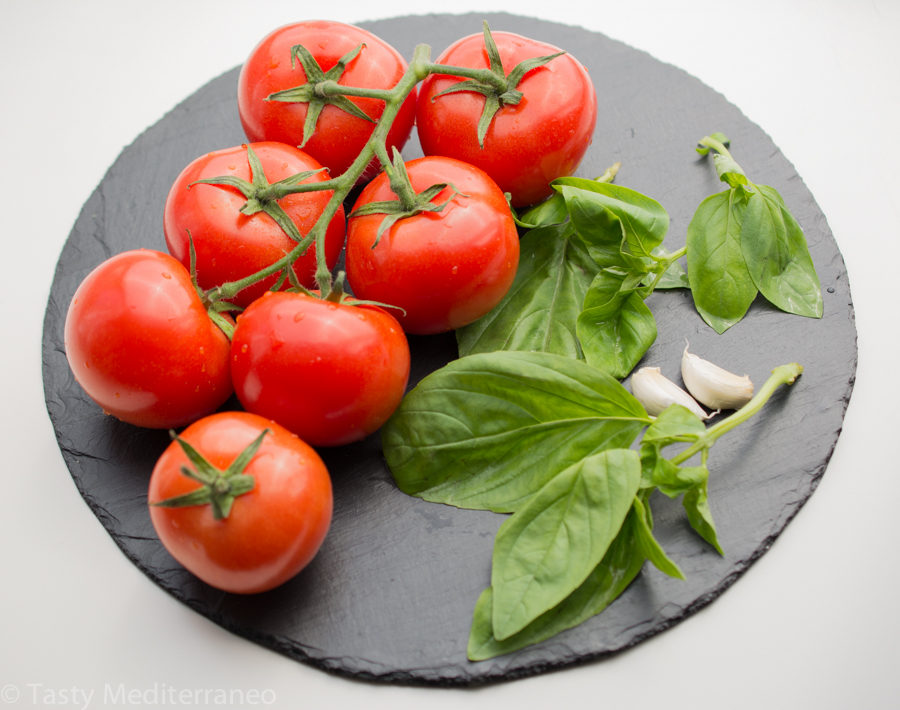
- Marigolds: Marigolds are another great companion plant for basil. They help to repel aphids, whiteflies, and other pests. Marigolds also help to improve the flavor of basil.

- Peppers: Peppers and basil are another good companion plant combination. They both thrive in warm weather and need full sun. Peppers also help to repel pests that can damage basil plants.
- Asparagus: Asparagus and basil are a good companion plant combination because they help to repel each other's pests. Basil helps to repel asparagus beetles, while asparagus helps to shelter basil from strong winds.

- Root vegetables: Basil can also be planted near root vegetables, such as carrots, beets, and radishes. The basil helps to repel pests that can damage root vegetables, and the root vegetables help to improve the drainage and aeration of the soil around the basil plants.

- Herbs: Basil can also be planted near other herbs, such as parsley, oregano, and chives. These herbs help to attract beneficial insects, which can help to control pests. They also help to improve the flavor of each other.
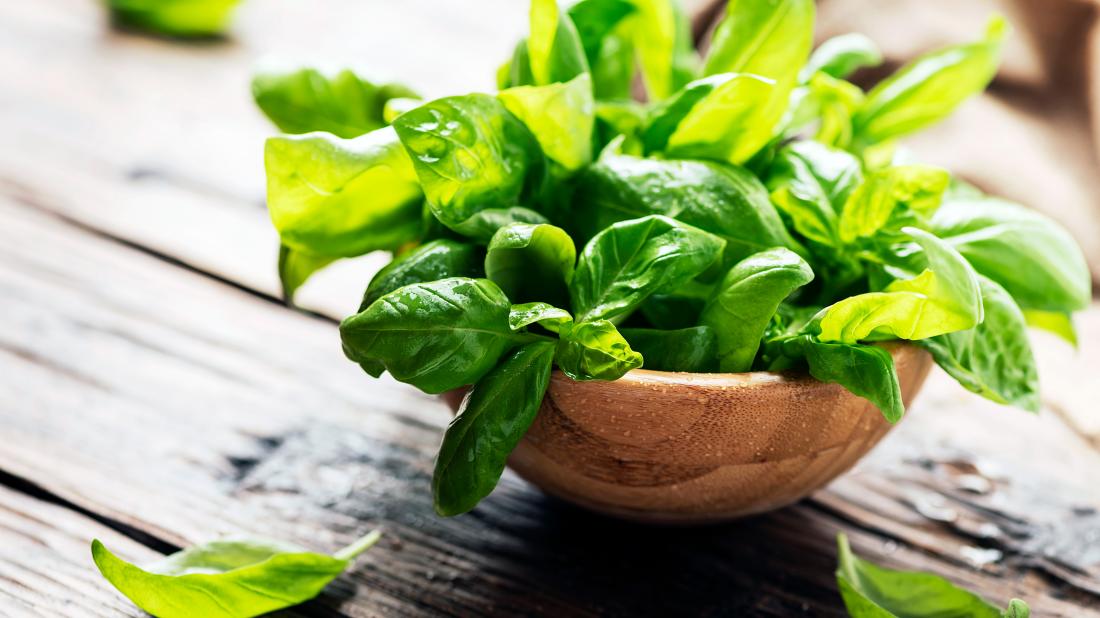
What are bad companion plants for basil?
There are a few plants that should not be planted near basil. These include:
- Cucumbers: Cucumbers and basil compete for the same nutrients, so planting them together can stunt the growth of both plants.
- Fennel: Fennel has a strong odor that can repel basil plants.
- Thyme: Thyme and basil can both attract aphids, so planting them together can make it more difficult to control these pests.
- Common rue: Common rue has a strong odor that can repel basil plants.
- Sage: Sage and basil can both attract aphids, so planting them together can make it more difficult to control these pests.
How to plant basil companion plants
When planting basil companion plants, it is important to consider the size and mature height of each plant. For example, tomatoes and peppers can grow quite large, so they should not be planted too close to smaller basil plants. It is also important to plant companion plants that have similar water and sunlight requirements.
Conclusion
Basil is a delicious and versatile herb that can be easily grown in your garden. By planting it near certain companion plants, you can help to improve its growth, flavor, and pest resistance. With a little planning, you can create a thriving and productive garden that is full of delicious basil.
Basil is a delicious and versatile herb that can be used in a variety of dishes. But did you know that basil can also be a beneficial companion plant for other crops? When planted near certain plants, basil can help to repel pests, attract pollinators, and improve the overall health of your garden.
If you're interested in learning more about basil plant companions, I recommend visiting Gardenia Inspiration. This website has a comprehensive list of basil companion plants, as well as information on how to plant and care for basil in your own garden.
In addition to providing information on basil companion plants, Gardenia Inspiration also offers a variety of other gardening resources, including articles on plant care, recipes, and gardening tips. Whether you're a beginner or a seasoned gardener, you're sure to find something useful on Gardenia Inspiration.
FAQ of basil plant companion
- What are some good companion plants for basil?
Some good companion plants for basil include:
- Asparagus: The combination of basil and asparagus appeals to ladybugs in particular, which helps control the presence of aphids and other pests in the garden. [INSIGHT] Asparagus is a tall plant that can provide shade for basil, while basil can help to repel asparagus beetles.
- Borage: Borage is a flowering plant that attracts pollinators, such as bees and butterflies. These pollinators can help to improve the pollination of basil plants, resulting in larger and more flavorful leaves. [INSIGHT] Borage also releases chemicals that help to deter pests, such as aphids and spider mites.
- Chamomile, oregano, and chives: These herbs all have strong scents that can help to deter pests, such as mosquitoes and flies. They can also help to improve the flavor of basil leaves. [INSIGHT] Chamomile, oregano, and chives can also help to improve the drainage and aeration of the soil, which can benefit basil plants.
- Marigolds: Marigolds are another flowering plant that attracts pollinators. They also release chemicals that help to deter pests, such as nematodes and rootworms. [INSIGHT] Marigolds can also help to improve the drainage and aeration of the soil, which can benefit basil plants.
- Peppers: Peppers and basil are both members of the mint family, and they can benefit from being planted together. Peppers can help to repel pests, such as whiteflies and aphids, while basil can help to improve the flavor of peppers. [INSIGHT] Peppers can also provide shade for basil plants, while basil can help to attract pollinators that can help to improve the pollination of pepper plants.
- What are some bad companion plants for basil?
Some bad companion plants for basil include:
- Cucumbers: Cucumbers and basil compete for the same nutrients, and they can also attract the same pests. [INSIGHT] Cucumbers can also release chemicals that can stunt the growth of basil plants.
- Eggplants: Eggplants and basil can compete for the same nutrients, and they can also attract the same pests. [INSIGHT] Eggplants can also release chemicals that can stunt the growth of basil plants.
- Kale: Kale and basil compete for the same nutrients, and they can also attract the same pests. [INSIGHT] Kale can also release chemicals that can stunt the growth of basil plants.
- Melons: Melons and basil compete for the same nutrients, and they can also attract the same pests. [INSIGHT] Melons can also release chemicals that can stunt the growth of basil plants.
- Tomatoes: Tomatoes and basil can compete for the same nutrients, and they can also attract the same pests. However, some sources say that tomatoes and basil can be planted together if they are spaced far enough apart. [INSIGHT] Tomatoes can also release chemicals that can stunt the growth of basil plants.
- What are the benefits of companion planting with basil?
There are several benefits to companion planting with basil, including:
- Attracting pollinators: Basil attracts pollinators, such as bees and butterflies. These pollinators can help to improve the pollination of other plants in the garden, resulting in larger and more flavorful fruits and vegetables.
- Deterrent to pests: Basil releases chemicals that can help to deter pests, such as aphids, spider mites, and nematodes. This can help to reduce the need for pesticides, which can be harmful to the environment and human health.
- Improved soil quality: Basil can help to improve the drainage and aeration of the soil, which can benefit other plants in the garden. It can also add nutrients to the soil, such as nitrogen and potassium.
- Enhanced flavor: The flavor of basil can be enhanced when it is planted near other herbs, such as mint, oregano, and rosemary.
- How far apart should basil plants be planted?
Basil plants should be spaced at least 12 inches apart. This will give them enough room to grow and spread.
- When should basil plants be harvested?
Basil leaves can be harvested as soon as they are large enough to use. However, the leaves will have the most flavor if they are harvested before the plant blooms.
Image of basil plant companion
- Marigolds: Marigolds help to repel pests that can damage basil plants, such as aphids, whiteflies, and spider mites.
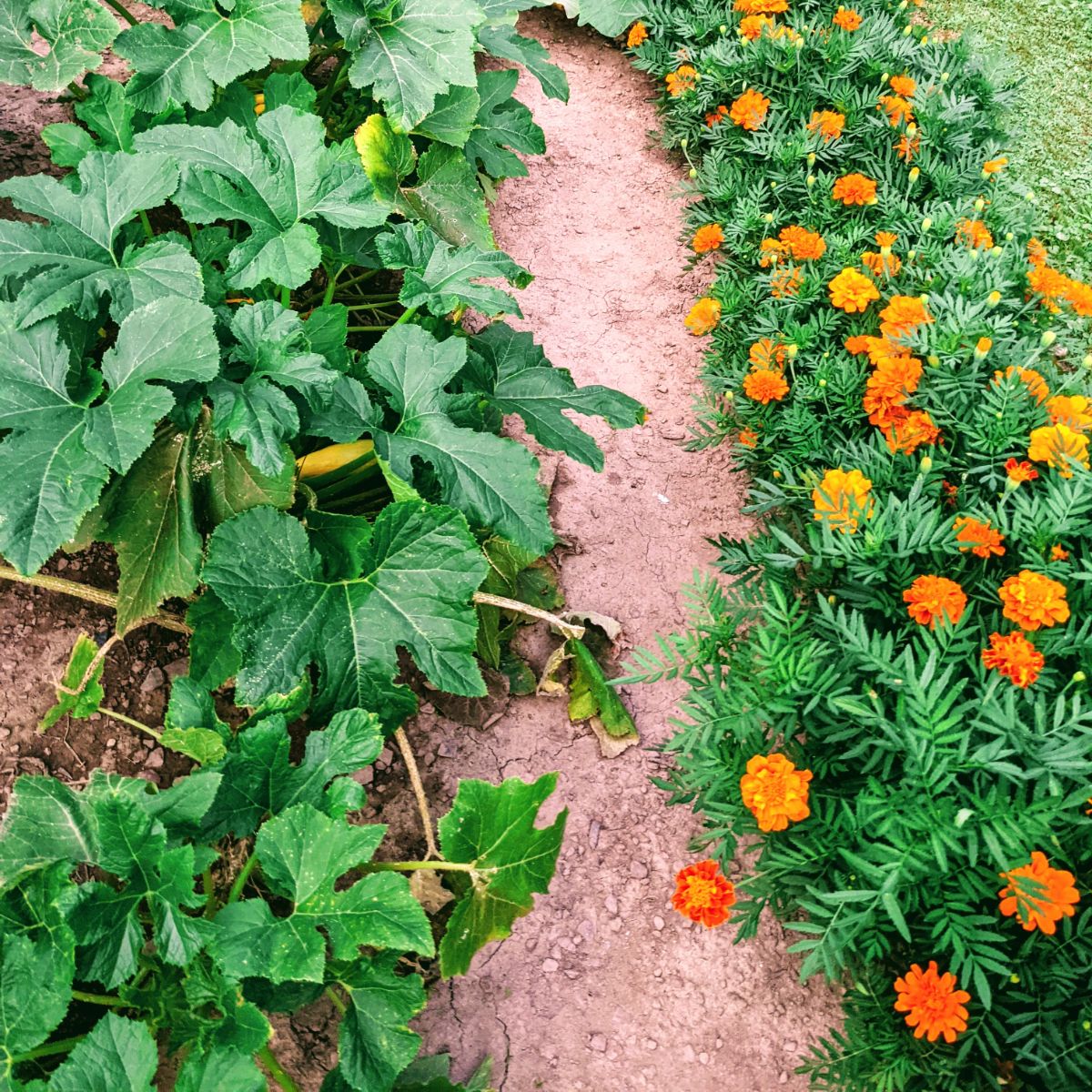
- Potatoes: Basil plants can help to deter the Colorado potato beetle, a major pest of potatoes.
- Cilantro: Basil and cilantro are both members of the mint family, and they benefit each other by attracting beneficial insects and repelling pests.
- Root vegetables: Basil plants can help to improve the flavor of root vegetables, such as carrots, beets, and potatoes.
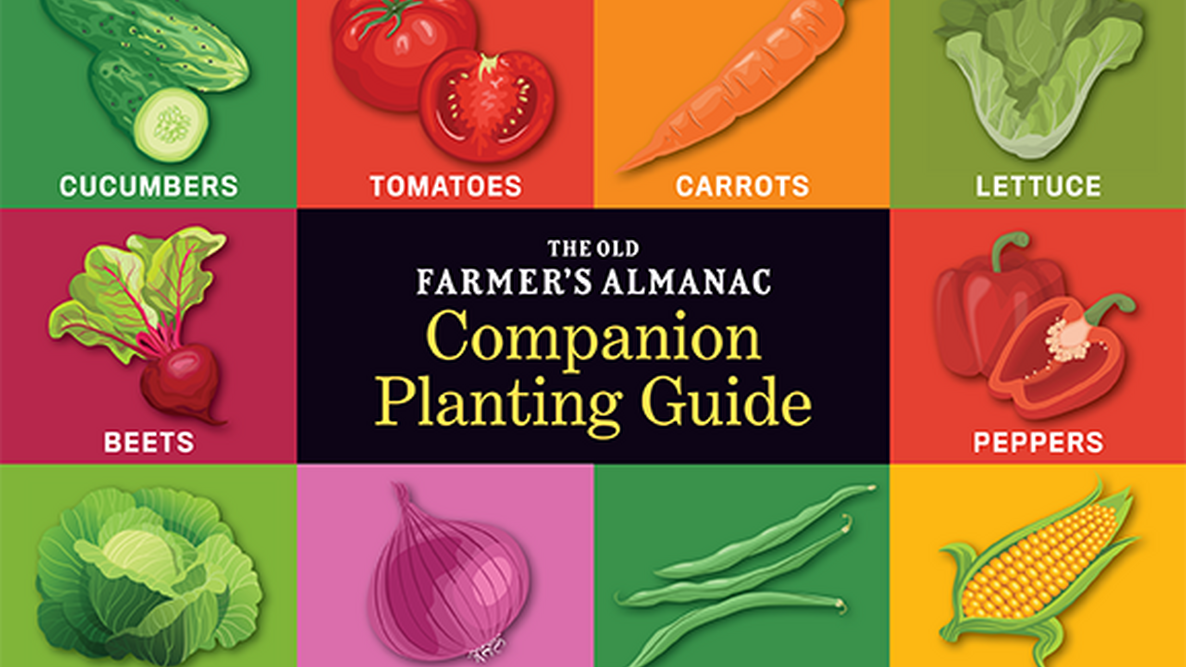
- Borage: Borage is a flowering plant that attracts beneficial insects, such as ladybugs and hoverflies, which can help to control pests on basil plants.


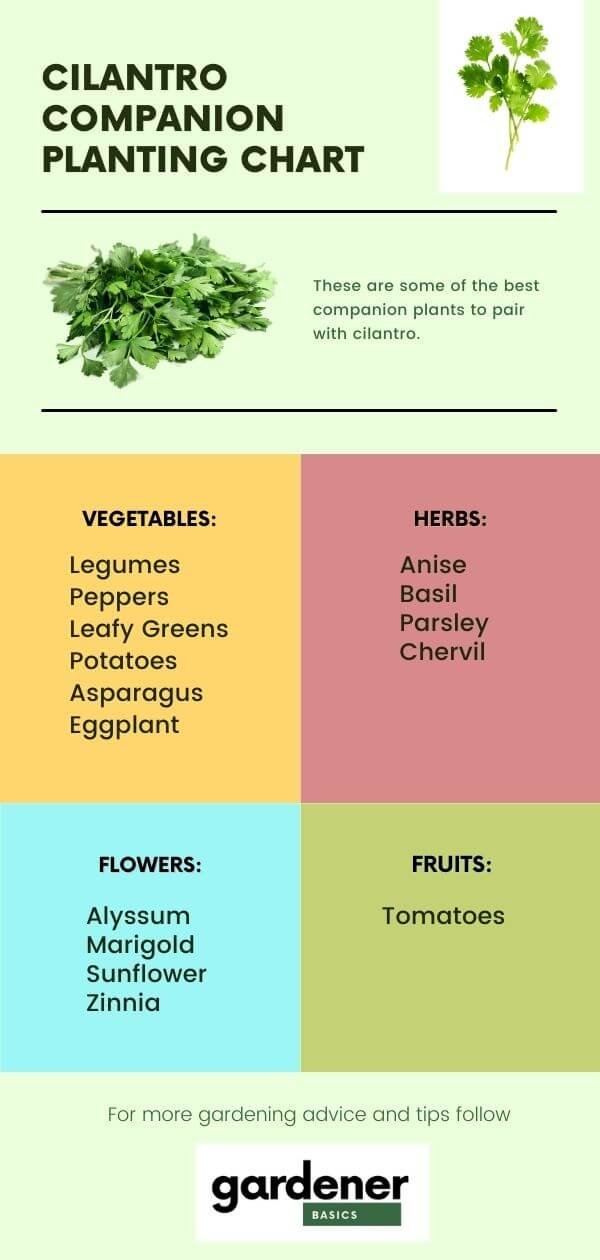
Post a Comment for "The Ultimate Guide To Basil Plant Companions"